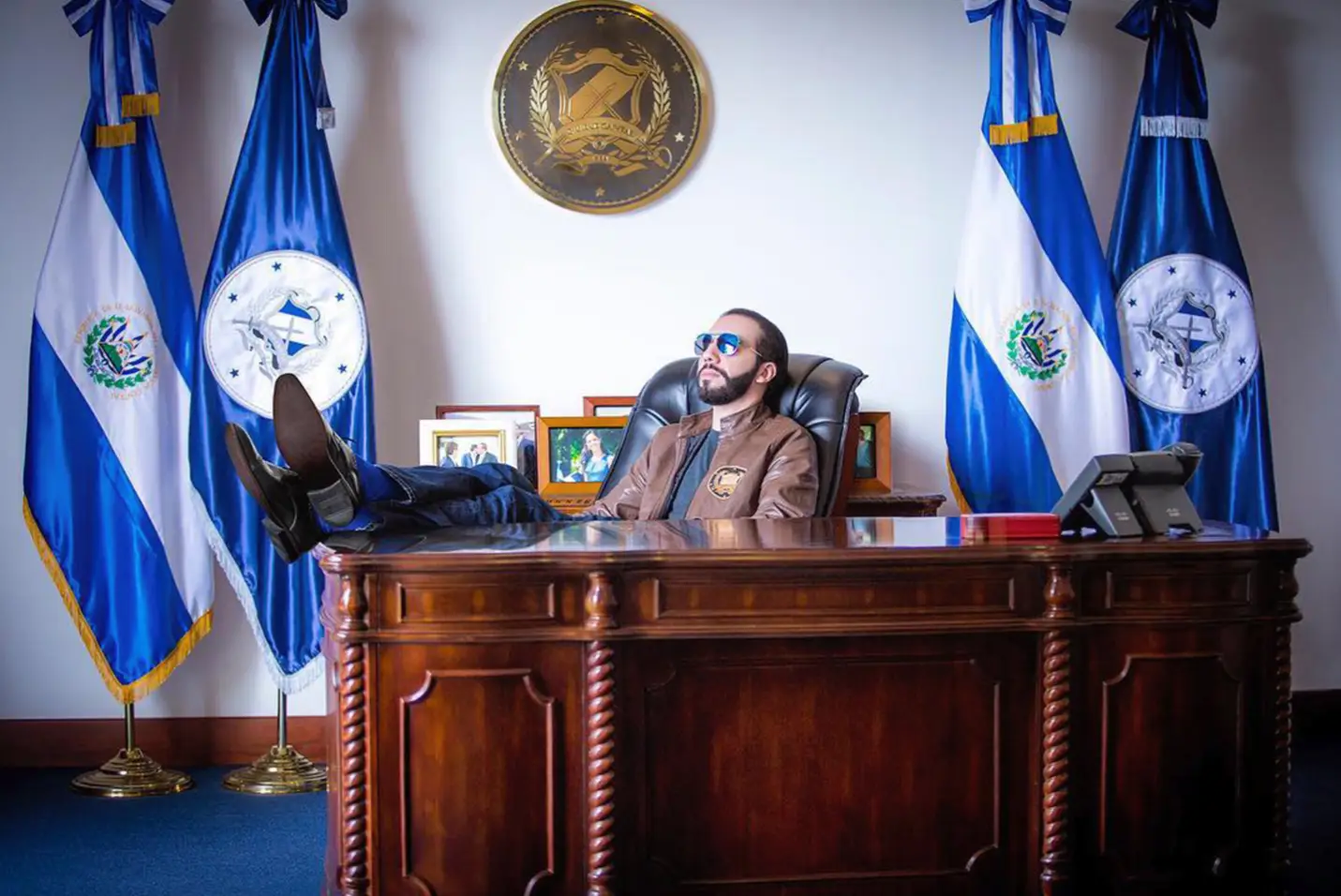Communication has always aligned with power since the dawn of societies, although it gained prominence with the advent of mass media such as radio, newspapers, and television. In this way, the development of communication fueled the rise of charismatic leadership. We all remember Hitler’s speeches from the chancellery invoking the rise of the Third Reich, Mussolini in Italy speaking from the balcony of the Palazzo Venezia promising greatness to his people, or Eva and Juan Domingo Perón addressing the “shirtless ones” and workers to consolidate their political project. Yet all these speeches fall far short of the immediacy of today.
French philosopher and political thought specialist Bernard Manin proposed that as the media advanced, political parties and candidates began turning into products. Thus, campaigns for power became marked by promotion rather than proposals, to the point where a candidate could be elected without offering any policy platform. This phenomenon came to be known as “audience democracies.”
With the arrival of the 21st century, connectivity surged exponentially. The rise of authoritarian leaders around the world—and the support they garner—is largely due to the media. Just as in transitology (the study of the transition from authoritarian systems to democracies), liberalization is linked to information, and in this framework, media play a central role in autocratization.
For this reason, the world’s new strongmen require the backing of media outlets—and even create their own—to disseminate their messages. This is the case of Fox News and Donald Trump; the Public Radio and Television System with Andrés Manuel López Obrador; or certain outlets linked to Jair Bolsonaro that spread his fallacious narratives during the COVID-19 pandemic. Additionally, many have skillfully adapted to social media, further strengthening their image, as in the case of Nayib Bukele in El Salvador or Daniel Noboa in Ecuador.
These leaders have one issue in common: they have weakened democracy and wounded its institutions with the help of the media, to the extent that autocratization has become a process we can watch live.
In Mexico, the Congressional Channel broadcasts the sessions of the Chamber of Deputies and Senators online. However, when López Obrador submitted a judicial reform to Parliament—proposing the popular election of justices, magistrates, and judges—the debates and slogans were televised. The channel’s archive now bears the imprint of how a majority from the Morena party ultimately bent the three branches of government to its will. The same occurred with the law that dismantled the Autonomous Constitutional Bodies: autocratization was live.
In the United States, Donald Trump has commanded media attention since winning the presidency in 2017, and again with his return to the White House in 2024. Throughout his presidency, Fox News became one of his favored platforms to broadcast his speeches and actions, effectively serving as a loudspeaker for his ideas, arguments, and smears.
During the assault on the Capitol in 2021, Fox News promoted a kind of rhetoric that the election had been stolen and that Trump’s supporters were defending the vote. Now, in 2025, immigration raids are being exploited under the argument that the country is being “cleansed” and that Democrats are colluding with criminals in opposition to Trump. In this context, since 2017, the United States has lost its status as a consolidated democracy and now ranks as an imperfect one, showing signs of democratic fatigue.
In El Salvador, since taking office in 2019, Bukele clashed with the National Assembly over his crime-fighting plan. When Congress declared it would reject the proposal, the president called for mobilizations to pressure the legislature. He then entered Congress with the armed forces to force approval of his plan. This was broadcast live on television and social media. In this way, El Salvador has transitioned from a flawed democracy to autocratization. And new information media have served as mobilization tools to support the president’s personalism.
Under the administration of Daniel Noboa, Ecuador has become a hybrid regime, and its democracy has taken heavy blows. The president has used TikTok not only for campaigning and bolstering his image in cyberspace but also to justify decisions that undermine institutional structures. Noboa answers to his followers but ignores reality. His messages tend to go viral and receive broad support not only from Ecuadorians but also from audiences abroad who are drawn to his strongman approach.
Cases like these abound—across Latin America and around the world. Media play a central role in our societies’ daily lives, and the new illiberal leaders have succeeded in crafting appealing narratives thanks to them. The dominance of their discourse and the rise of media outlets that exalt these figures have worked to build authoritarian regimes and dismantle institutions.
*Machine translation proofread by Janaína da Silva













